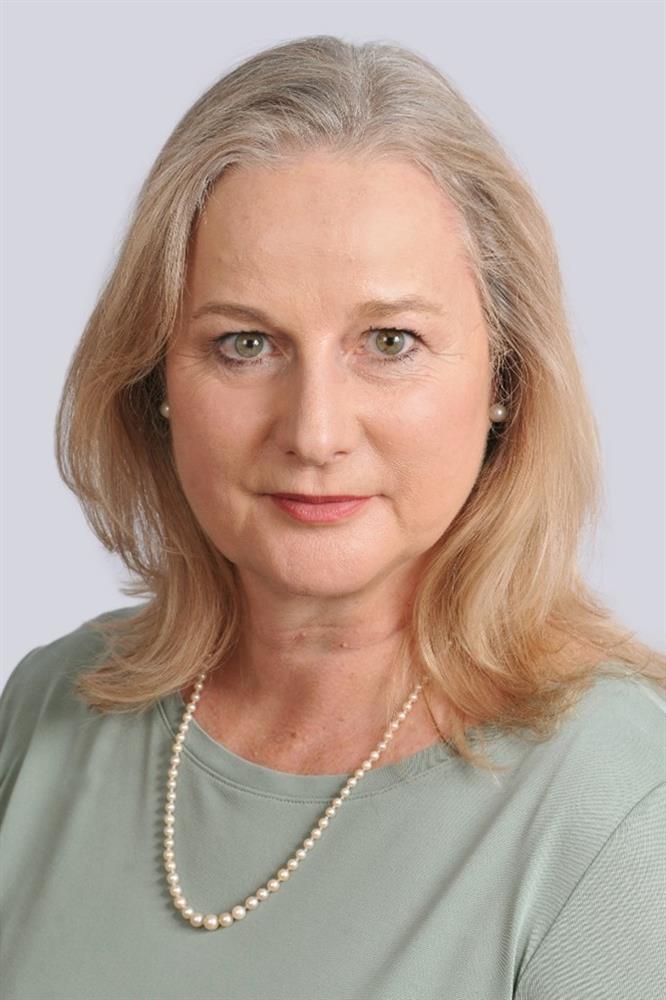Mathematics Education: A closer look at the positives
Written by Prof Kerstin Jordaan, Executive Director at the South African Mathematics Foundation
Mathematics education often headlines for its challenges rather than its successes. Alarming statistics from international comparative studies like PIRLS and TIMSS paint a bleak picture. However, a closer look by Professor Gerrit Stols, Director at the Department for Education Innovation at the University of Pretoria and its Department of Institutional Planning, Monitoring, and Evaluation, reveals a more nuanced story.
While the challenges of the South African education system are undeniable, the strides made in strengthening the curriculum, promoting a deeper understanding of mathematical concepts, and enhancing learner assessment are commendable.
The 2023 Grade 12 (National Senior Certificate) results highlight remarkable progress. Of the 715,719 full-time candidates who registered for the exams, 82.9% (572,983) achieved a pass rate. Even more notably, 40.9% (282,894) qualified for university admission. Most of these learners hail from the least affluent schools, defying the odds to become potential university entrants. Notably, 61.9% of candidates who attained university admission were from the poorer Quintiles 1 to 3 schools. This underscores the strides made in delivering quality education to learners from disadvantaged backgrounds, aided significantly by NSFAS student bursaries.
Critics might downplay the significance of university admission, but a deeper dive into critical subjects reveals a more promising narrative. The improvement in Mathematics and Physical Sciences performance among South African students is particularly noteworthy.
In the early 2000s, only 880 African students out of over 400,000 candidates passed Mathematics with 65% or more. However, in 2023, 22,002 African learners passed both Mathematics and Physical Sciences with 60% or more. This significant improvement demonstrates the dedication and hard work of South African Mathematics and Physical Sciences teachers, as well as the efforts of the Department for Basic Education to enhance education quality in these crucial subjects.
If there remains scepticism about the enhancement in African learners' performance in Mathematics and Physical Sciences, consider the proportion of African students achieving distinctions in both subjects. This cohort consistently held the highest percentage, rising from 45.87% in 2019 to 62% (3,230 out of a total of 5,210) in 2023, showcasing an increasing trend in outstanding performance.
While it's true that many teachers may feel they are not receiving the support they need from the Department of Basic Education, the research indicates that their efforts, combined with the teacher empowerment programmes that the Foundation coordinates, are making a significant impact. Despite facing challenges, teachers nationwide are working tirelessly to improve mathematics education, and their dedication is yielding positive results.
The South African Mathematics Foundation acknowledge and support their efforts as they continue to play a crucial role in shaping the future of our nation. I am confident that these efforts will continue to yield positive outcomes for our learners and our country.
// END
The Foundation’s current Teacher Empowerment projects include:
- The Mathematics Problem Solving Course for Teachers
- The Mathematical problem-solving course aims to improve teachers’ skills in solving non-routine mathematical/Olympiad-type problems. In turn, this will result in an improved appreciation for solving mathematical problems on the part of the teachers which will ultimately trickle to learners as teachers engage them in problem-solving activities. The short course is available as a face-to-face workshop or fully online in partnership with Limina Education Services.
- AIMSSEC Teacher Training
- Developed by the African Institute for Mathematical Sciences Schools Enrichment Centre (AIMSSEC) and coordinated by the South African Mathematics Foundation (SAMF) the training course has been a beacon of transformation in mathematics education. With an unwavering commitment to excellence, the training empowers educators to transcend traditional teaching approaches and embrace dynamic, engaging methods that ignite students' curiosity and enthusiasm for mathematics.
- The My Maths Buddy Campaign
- In 2016 SAMF signed a partnership agreement with Palanga Publishers to present learner and teacher workshops at primary and secondary schools. The aim is to improve learners’ maths terminology which in turn will improve their conceptual understanding. The campaign has achieved at least a 5% increase in maths results in most schools since its inception in 2013.
- Komatsu Adopted Schools Mathematics Programme
- Komatsu came on board as a new sponsor this year. They are supporting science education through SAASTA and contracted SAMF to focus on mathematics education in areas where they have operations. The programme will include two components, namely the Mathematics Problem Solving Course for high school teachers and a Learner Development Programme, targeting the grade 10 to 12 learners from the same schools whose educators will be trained. Continued support to improve learners and teachers’ confidence in mathematics will include monitoring visits, workshops and award ceremonies at the targeted schools.
About Prof Kerstin Jordaan
Kerstin Jordaan holds a PhD in Mathematics from the University of the Witwatersrand (WITS). As an academic, her research interests are special functions, orthogonal polynomials and asymptotic analysis. Jordaan has published more than 45 research papers in high-quality, peer-reviewed, accredited international journals since 2003. She was awarded a Royal Society Newton Advanced Fellowship for her research and she is regularly invited to present plenary and invited talks at national and international conferences.
As an educator, her passion is to contribute positively to the improvements in South Africa's mathematics education. Jordaan is a Full Professor in the Department of Decision Sciences at the University of South Africa (UNISA). In 2015 she became the first female President of the South African Mathematical Society (SAMS); in 2018 she was appointed executive director of the South African Mathematics Foundation (SAMF). Jordaan also holds academic leadership positions at several organisations, including the Department of Science and Innovation-National Research Foundation Centre of Excellence Mathematical and Statistical Sciences, National Research Foundation evaluation and rating panels, African Institute for Mathematical Sciences SA and the National Graduate Academy in Mathematical and Statistical Sciences.
Jordaan is married with two adult sons. When she is not doing mathematics, she enjoys baking, reading, and spending time outdoors.

